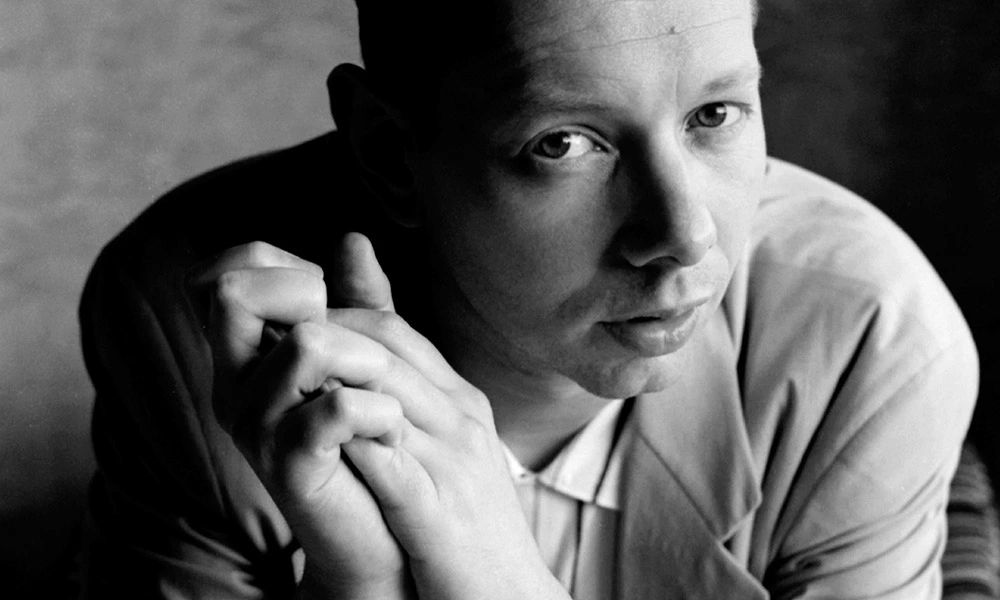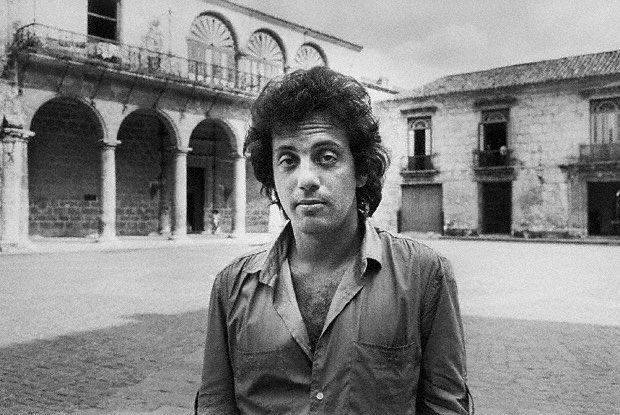
Every now and then I find a nugget. Whether through the recommendation of a friend, something I happened upon on the radio or read about, I always enjoy finding that rare musical treasure I had not heard of before. The discovery (though usually aided by others) is mine, and I hold it dear.
Riding in the car sometime in the year 2000, NPR news did a short story on New Train by Paul Pena, an album that was being released 27 years after it was recorded.
NPR played short clips from the songs and told his story. The voice was deep and rich, and the songwriting was intimate and sincere, but the record label had no idea how to market an album that went from gospel joy to country twang, from psychedelic mysticism to well-worn folk rock. New Train had a smattering of different genres all connected by Pena’s deeply satisfying voice and unique world perspective. Regrettably, an album without a singular genre, in 1973, was also an album (according to the label marketing department) without a strong audience.
Jazz pianist and producer Ben Sidran played on the album. A few years after the album was recorded and shelved, Sidran joined the Steve Miller Band. When Miller was looking for new songs to record, Sidran suggested one of the New Train tracks called “Jet Airliner.” Though his album was not released, Paul was now financially set for life having written a chart topping song. Later in life, Paul became ill, and his friends got together to release “New Train” with the hopes the album sales would help fund his ongoing care.
I’m thankful they thought to share this music with us.
The album is a revelation. Songs about travel, adventure, color, life and light, all from someone who lived in a world of darkness. Pena was completely blind by the time he was 20 years-old due to congenital glaucoma.
Pena spent much of his childhood living on a large estate in Massachusetts where his mother worked as a maid, and the album opens with “Gonna Move,” an autobiographical celebration of “pulling up roots, and moving on,” describing the point of his life when he left the comfort, safety and luxury of the home where he was raised. The original “Jet Airliner,” as recorded by Pena, is much darker and more honest than the version that everyone who grew up in the 1970’s has come to know. Independence is a good thing, but leaving home is hard. “Riding along on this big jet plane, I’ve been thinking about jumping out the door.”
Pena accuses Richard Nixon of acting “like a little boy whose dreams were shattered like toys by the wind” during the Watergate scandal in “Indian Boy” and he channels Sly Stone in the trippy “Cosmic Mirror” with fuzz-box, wah-wah guitar and lyrics like “Hear the birds go flyin’ by. Hear the birds go feelin’ plastic. See them open their shutters and take a birds eye view. Over this world that they’ve tried to make elastic.”
Paul lived and worked in San Francisco, and connected with the Grateful Dead. Jerry Garcia plays guitar on two tracks. “Go ahead, tell ’em about it Jerry!” Paul commands before a beautifully subdued guitar solo on “Venutian Lady.” The album closes with the deeply satisfying, reflective “Taking Your Love Down,” a song that drips from the speakers with warm sunshine, a cool breeze and dry leaves softening the singers steps. If music was food, this song would be a delicious piece of warm, deep-dish apple pie. “Saving all your smiles, stashing them in my stash pile.”
Pena died in 2005 at 55 years of age due to complications from pancreatitis, but he did not sit still all those years after his album was shelved. He became deeply immersed in Tuvan throat singing, and was featured in the Academy Award nominated “Genghis Blues” documentary film about his musical pilgrimage to learn more about this ancient music. He briefly toured after New Train was released in 2000, and even appeared on some late night television talk shows.
Listening to New Train all these years, it’s difficult not to imagine the artist Paul Pena might have been if the album had been released as intended in 1973. What new music would he have recorded in 1975, for instance? Which Beatle might he have recorded with? Would he have played at Live Aid in 1985 in London or Philadelphia? What other music of his might we be enjoying right now?
Paul Pena is gone, his career is not what it should have been, but at least we have New Train.




Leave a reply to Larry Glickman Cancel reply